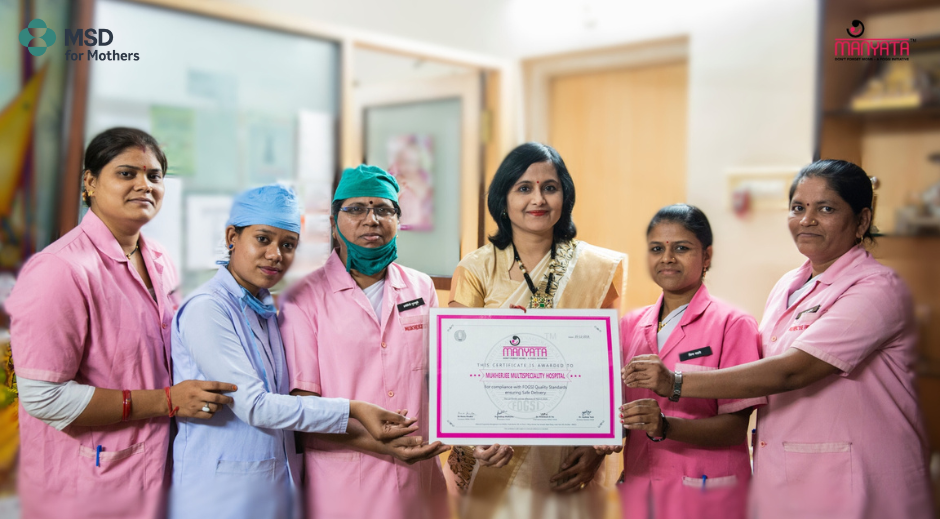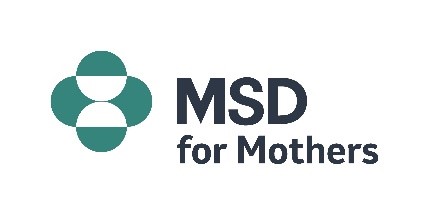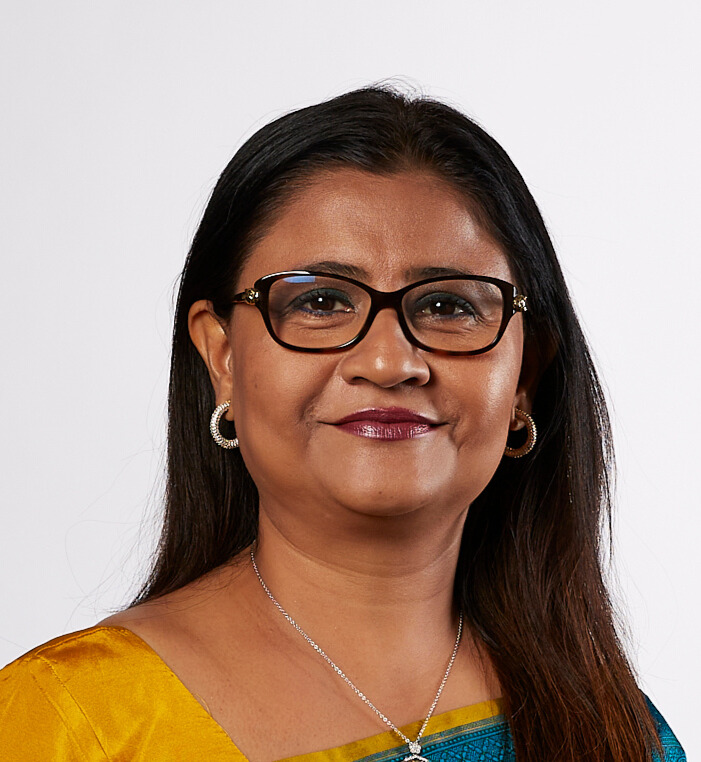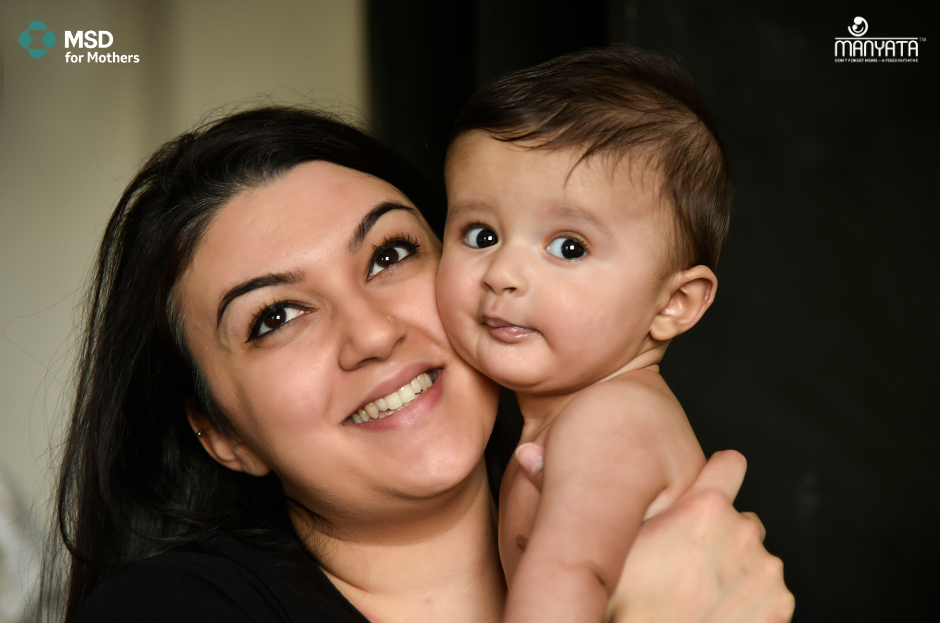In India, where private facilities deliver care to a third of expectant mothers, Manyata is transforming childbirth by embedding clinical standards in thousands of hospitals—enhancing safety, dignity, and outcomes for 1M+ women.
Challenge
Across India’s private healthcare sector, which serves roughly 35% of women giving birth in facilities, the quality of maternity care is highly variable and often suboptimal. Without standardized, evidence-backed practices, preventable complications like postpartum hemorrhage and pre-eclampsia can escalate, putting mothers and newborns at risk. While national efforts have strengthened care in public facilities, private hospitals have lacked a dedicated, scalable framework for clinical quality in maternal health.

Solution
Enter Manyata, a digitally enabled quality improvement and accreditation initiative led by MSD for Mothers (MfM), alongside the Federation of Obstetric and Gynaecological Societies of India (FOGSI) and a consortium of collaborators. MSD for Mothers is MSD’s global initiative to help create a world where no woman has to die while giving life.
At its core are 16 evidence-based clinical standards in line with WHO-recognized protocols, covering every stage of maternal care from antenatal visits to postnatal recovery. Hospitals seeking certification undergo independent assessments, valid for three years, creating accountability and a culture of continuous improvement.
Technology and training are central to the model. Manyata’s digital quality assessment platform enables hospitals to track standards in real time, generating data to guide providers and policymakers. Healthcare teams are trained not only to manage complications but also to deliver respectful, patient-centric care. What began in 2013 as a fully grant-funded program has since matured into a financially sustainable model. Hospitals now pay for accreditation and quality support, while innovative financing mechanisms—such as results-based funding and blended models—have enabled scale. Manyata’s collaboration with India’s National Accreditation Board for Hospitals and Healthcare Providers has further embedded its standards into the national healthcare accreditation framework.
Over the past decade, Manyata has reached more than one million women, trained 23,000 healthcare providers, and engaged 3,000 hospitals across 25 states and union territories.
Impact
Adherence to clinical standards in facilities studied has risen from 29 percent to 93 percent, enabling better management of life-threatening complications, fewer unnecessary referrals, and improved survival for mothers and newborns.
Manyata has also become one of the largest networks of quality-compliant private hospitals in India, positioning it as a platform for a more integrated approach to women’s health. Through strategic partnerships, it is broadening its scope to include HPV screening and vaccinations, cervical cancer prevention, and reproductive health services, creating a more integrated and sustainable maternal healthcare model. Its success has drawn international attention, with pilots now underway in Bangladesh, Nepal, and the Philippines, where the Manyata approach is being adapted as a blueprint for raising private-sector maternity care standards in other low- and middle-income countries.
Future outlook
In 2025, Manyata will launch Manyata 5.0, scaling to more than 1,000 additional facilities and expanding its standards from 16 to 20. New areas of focus will include mental health, medicolegal documentation, high-dependency unit care, and safe surgery. Climate resilience and digital interoperability will be integrated into the framework, while outcomes-based financing and blended investment models will secure long-term sustainability.
By transforming fragmented services into a system that is consistent, evidence-led, and financially sustainable, Manyata is showing what steward leadership looks like in practice. It proves that when healthcare leaders prioritize dignity, safety, and equity, they can redefine the standard of care not only for one country, but for entire regions of the world.

This program is supported by funding from MSD, through MSD for Mothers, the company’s global initiative to help create a world where no woman has to die while giving life. MSD for Mothers is an initiative of Merck & Co., Inc., Rahway, NJ, U.S.A.
Learn more about MSD For Mothers through their website. To collaborate or connect, reach out directly to our SL25 team.
Connect














